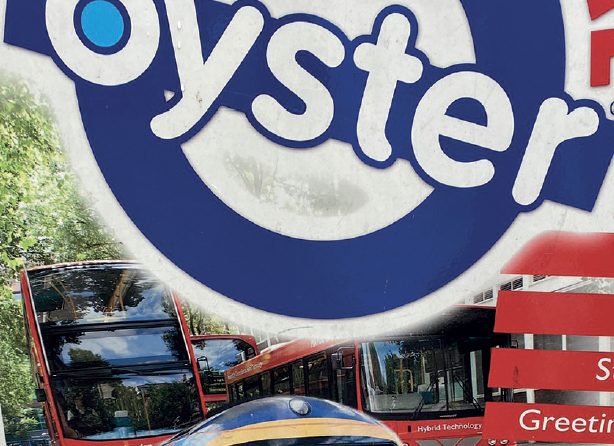Shops in London are making £800 less per year from Transport for London’s (TfL) Oyster Card compared with 2019.
A freedom of information request by Better Retailing has revealed the number of Oyster Card transactions in convenience stores dropped from 55 million to 32.1 million over the past five years, comprising 26.5 million pay-as-you-go (PAYG) top-ups, 3.2 million Bus and Tram Passes and 1.9 million Travelcards at Oyster Ticket Stops, a TfL spokesperson told Better Retailing.
On average, the 3,661 Oyster shops took £111,676 in revenue in 2023-2024.
At TfL’s 2% PAYG commission rate, this equals £2,234 in gross profit – more than £800 below the average in 2019/20.
In the same period, the average Oyster transaction value has grown from £10.44 to £12.74, but the number of Oyster Ticket Stop shops has declined by 76.
Although there is a higher commission rate for season ticket transactions (between 3% and 5% depending on location), TfL did not split out these transactions from PAYG, and two central London retailers told Better Retailing they sell season tickets only “occasionally”.
Oyster card top-up stores face £200 in extra charges
A dramatic 53% drop in transactions was seen during the Covid-19 pandemic between 2019/20 and 2020/21, and numbers are not even close to recovering today.
Between 2022/23 and 2023/24, transactions dropped by more than 3.2 million.
One central London retailer told Better Retailing they issue “nine or 10” top-ups per day at around £10 each, and “occasionally a £250 monthly pass”, while another Zone One shop said it takes “£200-£250 daily, which is inflated by a nearby college”.
“We don’t sell many Oyster services now. We used to sell nearly £2,000- £3,000 per week, but now it is only £400-£500,” said Shashi Patel, of Meet & Deep Convenience in Twickenham, south-west London.
At 2% commission, Patel averages £8-£10 in profit per week.
He added: “People are not putting much on their cards. Sometimes, they’re buying one weekly bus pass, and there’s about two or three people in a week.
“Otherwise, some people do as little as £1 or £2.50, and some £10 at a time. I’ve got a couple of customers who top up £50 per week,” he continued.
TfL data shows there were 543,420 PAYG Oyster journeys made in 2023/24, compared with 820,351 in 2019/20, showing a shift towards contactless payments.
TfL’s latest published data from 2022 reported that 71% of PAYG journeys were being paid via contactless rather than Oyster Card.
Oyster shops could also face more than £200 in extra charges with the December 2025 switch-off of analogue phone lines.
This would potentially leave some retailers paying monthly subscriptions for an extra phone line to keep Oyster services running.
Read more about convenience retail services



Comments
This article doesn't have any comments yet, be the first!